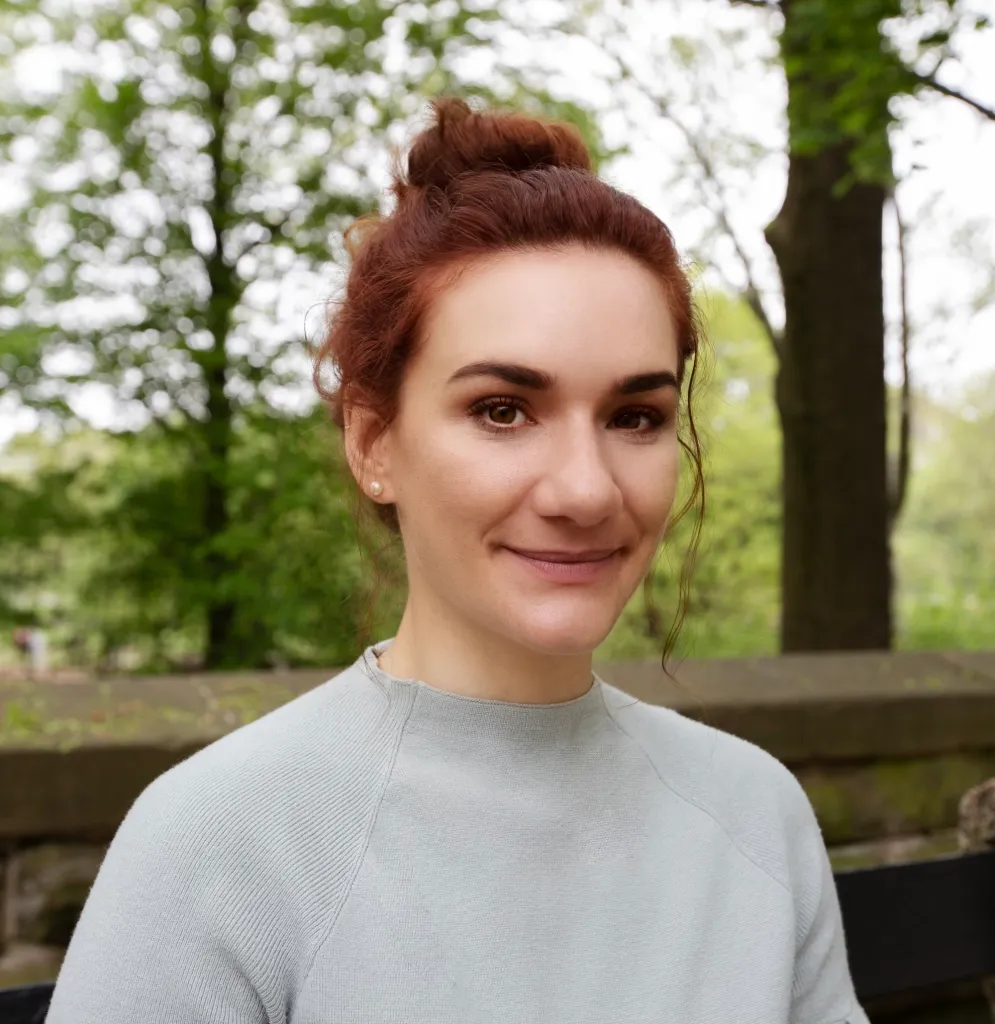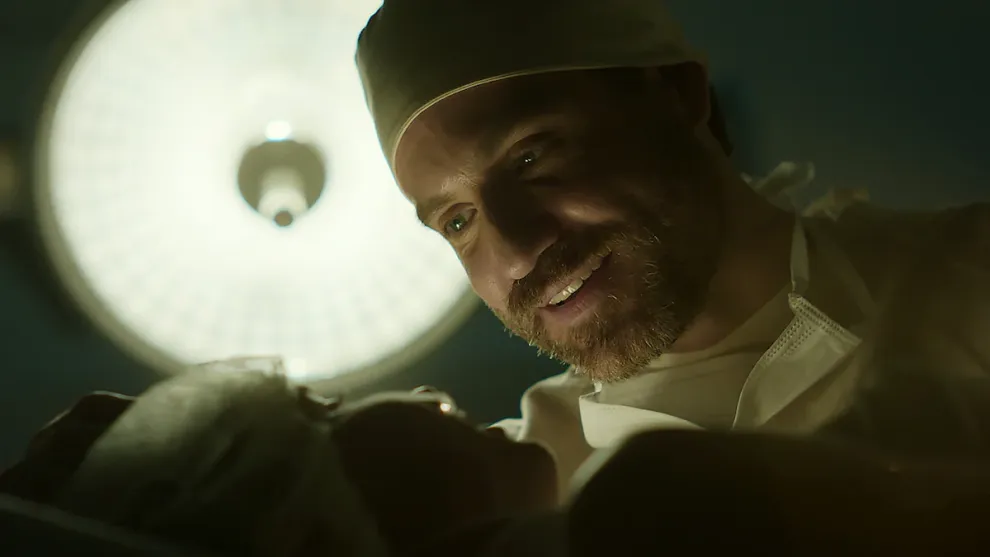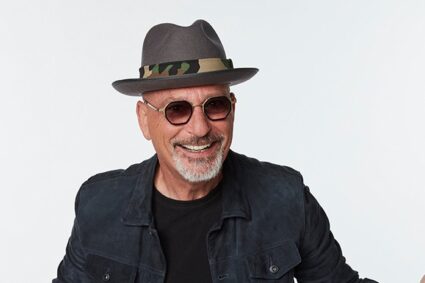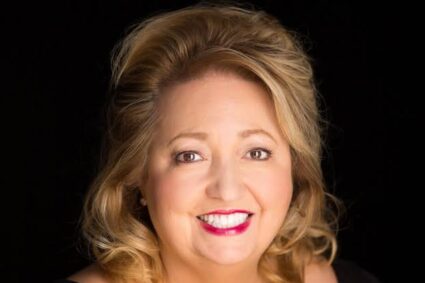
For our very FIRST edition of SNAPSHOTS, formerly THE INTERVUE, we are going to dive deep in the sophomore season of Peacock’s series “Dr. Death”.
Based on the podcast of the same name, “Dr. Death” follows the real-life stories of medical “professionals” who took advantage of their situations and allowed their egos to harm – or even kill – patients. While each season covers the personal lives and attrocities commited by the doctors, they also tell the stories of the courageous people who brought them to justice. More importantly, they also expose the educational and medical institutional failures that allowed these people to practice medicine in the first place.
Here to talk with me about the new season is the EP/Showrunner Ashley Michel Hoban!
Ashley, I want to start by saying congratulations on your promotion to EP/Showrunner. I saw the second season of Dr. Death, it’s absolutely fantastic! How is the change going from what you did last season to their new role this season?
Thank you Arely. Well, Patrick McManus, who created the show and ran the first season, we’ve been working together for a long time. I started actually as his assistant about ten years ago. I really kind of come up under him. So watching him do this job for a long time, I felt really excited and ready to take over for him while he went on to do other things. Last season, I wrote and was able to produce and then production of season one shut down the day before we were supposed to start shooting because of COVID.
So we were supposed to start shooting in March of 2020. By the time we started, we picked back up and started shooting. I was already on another show, so I didn’t get to actually be on set on the ground for the first season, which is the first time I’ve ever not. Being on the ground producing felt weird, but it felt good to be able to come back and really produce the show.
With the first season, the writing is so amazing that it’s its own story, how did you step up the game for this second season?
Well, you know, we brought back a lot of the same writers. So that was number one was, you know, continuing to use the incredibly talented writers and artists of the first season. This just sort of take a lot of the themes of season one with addressing the systemic issues in medicine and the exploitation of loopholes & expanding that to a global audience. This season we’re showing that these problems are not just American problems. They expand out in this case to Sweden, Barcelona, Italy, Russia, all over the world. Anytime that you are placing profits over patient care, these issues will occur.
This season is a different story, but both seasons were based on true stories. How did your team decide on the stories we see in Dr. Death are the right story for this season?
So this season two of Dr. Death, the series is based on the podcast. When we were sort of coming up with different ideas of what this season wanted to be, the concept of the show is that it’s always going to be based on true stories. It’s always going to be based on real medicine and real issues that occurred in our medical communities.
And as soon as we heard the season three podcast and sort of saw that this was a global story and had this other element with the journalism and the whistle blowing. I think we all knew pretty quickly right away that this was gonna be the most fun and fascinating and compelling story to tell this season.

Now let’s talk about the casting with Edgar Ramírez. What sparked the interest of Edgar playing Dr. Paolo Macchiarini?
You know, he came up in my mind pretty early on and we reached out, I don’t know what it was about him. He just stuck in my mind as somebody that sort of had like the charm and the intelligence and then Jennifer Morrison directed the first four episodes. She and I went to meet him and sort of chat with him about the project.
A few months before we were casting, he immediately understood the character and came at the character from such a smart, thoughtful way. It was important to him to show that this guy has a lot of layers and is not sort of just coming at the medicine from a villainous standpoint. He thinks he’s diluted himself into thinking that he’s doing what’s right and what’s necessary to move medicine forward. So it felt like a really good match.
Edgar also speaks all of the languages that Paolo Macchiarini speaks and he also used to be a journalist. So I thought that was interesting that he would have this insight into that piece of the story and his scene partner, Mandy Moore, and her character. I thought that would be great. He showed up and inhabited that character from day one in a way that I think it’s hard to imagine someone else playing him at this point. I think if it’s right, it was amazing to see him.
You mentioned that Dr. Paolo thinks that he’s making necessary sacrifices in order to move this medicine forward, which is benefiting people that frankly have no other option. Can you tell us more about this?
When Paolo started performing these operations with the synthetic tracheas, he was using this rule in medicine called “compassionate use”, which allows people to take some more extreme measures or some more experimental medical measures on patients that are terminal. And so, when you’ve literally run out of options and someone has terminal throat cancer, for example, in the show, we have the little girl Hannah Warren who was born without a trachea and there’s no prognosis there. The prognosis is we’re just waiting for death. It opens you up to be able to sort of push the boundaries and get a little bit more experimental because it’s a last resort.
There’s a line there and he crosses it because he eventually does start performing these surgeries on people who are healthy and do not have terminal illnesses and what and don’t necessarily need these tracheas to survive. And I think it was just a case where he was justifying using healthy people because the terminal people were too sick. I think that was sort of him, making excuses for himself as to why these things weren’t working because the patients were just too sick. And then he was able to kind of bounce around the world and go to places like Russia, where the medical laws are a little bit more lax. And the promise of owning this technology, owning this patent of this thing. So that whatever that medical body is more important, or I should say outweighs the potential risk to the patient.
Are there events portrayed in the series inspired by real-life situations? I’m eager to understand the feelings of the families affected by these events towards the TV series.
Yeah. You know, every single patient that Paolo implanted with the exception of one who passed away. So, it’s not possible for us to interview them and get their thoughts on the matter because his experiments were so deadly. And so we can just tell you, we tried to keep the medical stories as true to life as possible and tried to honor the patients and their families’ journeys and struggles and stories. And we just hope that the patient’s families can watch and see a little bit more and see that the world is bringing him to justice. You know, all of these eyeballs on the story means that he is held accountable more and more for the work that he did and the people that he killed.
What did you hope the audience will take away from this new season?
You know, it’s called Dr. Death and there’s a lot of darkness. There’s a lot to fight against in the show. But what I hope people take away from it is the fact that there were these amazing whistleblowers and Benita, this journalist who really risked everything, their careers, their livelihoods, and their reputations to stand up and speak out when they saw something, when they kind of came to terms with the reality of what he was doing.
And that’s not an easy task to take on. I hope that people come away from the show, asking a lot of questions about patient care and advocacy and what they can kind of, how they can advocate for themselves, be emboldened and hopeful because of the stories of these whistleblowers and the real impact that they had on the medical world and in all these different people’s lives.
Check out the Season 2 of Dr. Death – NOW STREAMING on Peacock!


